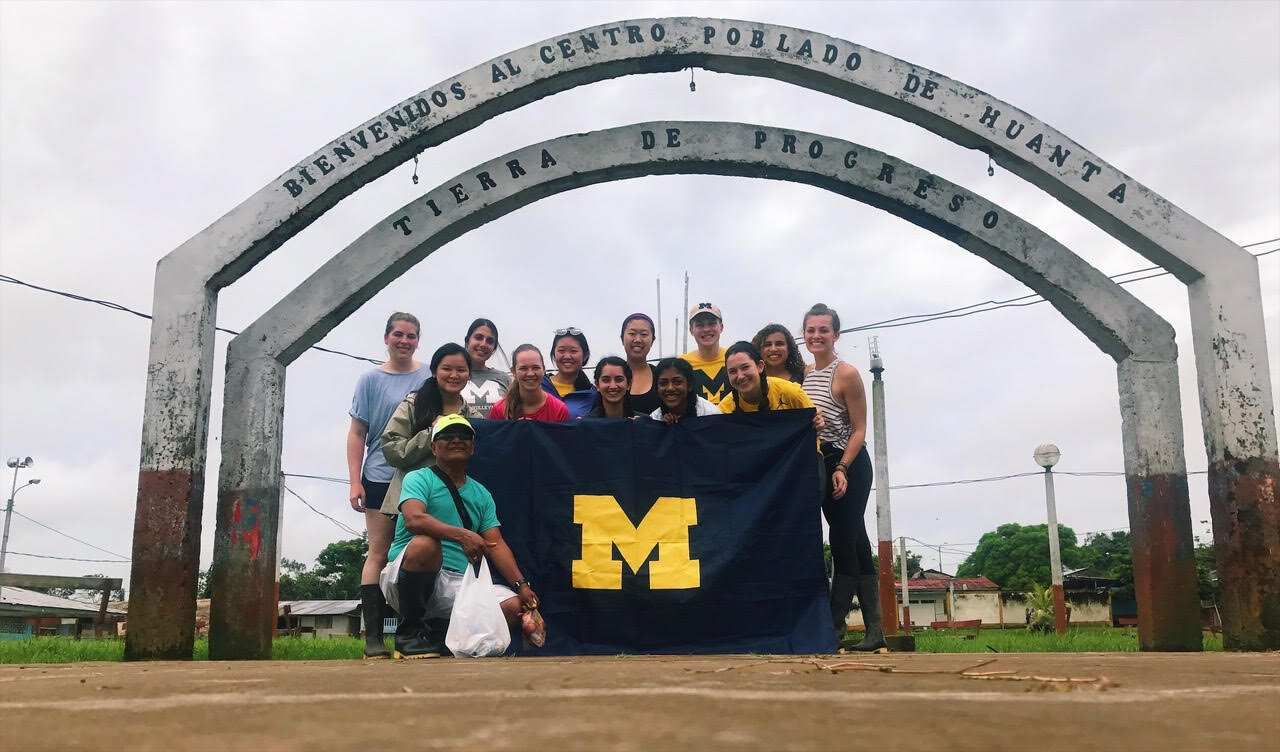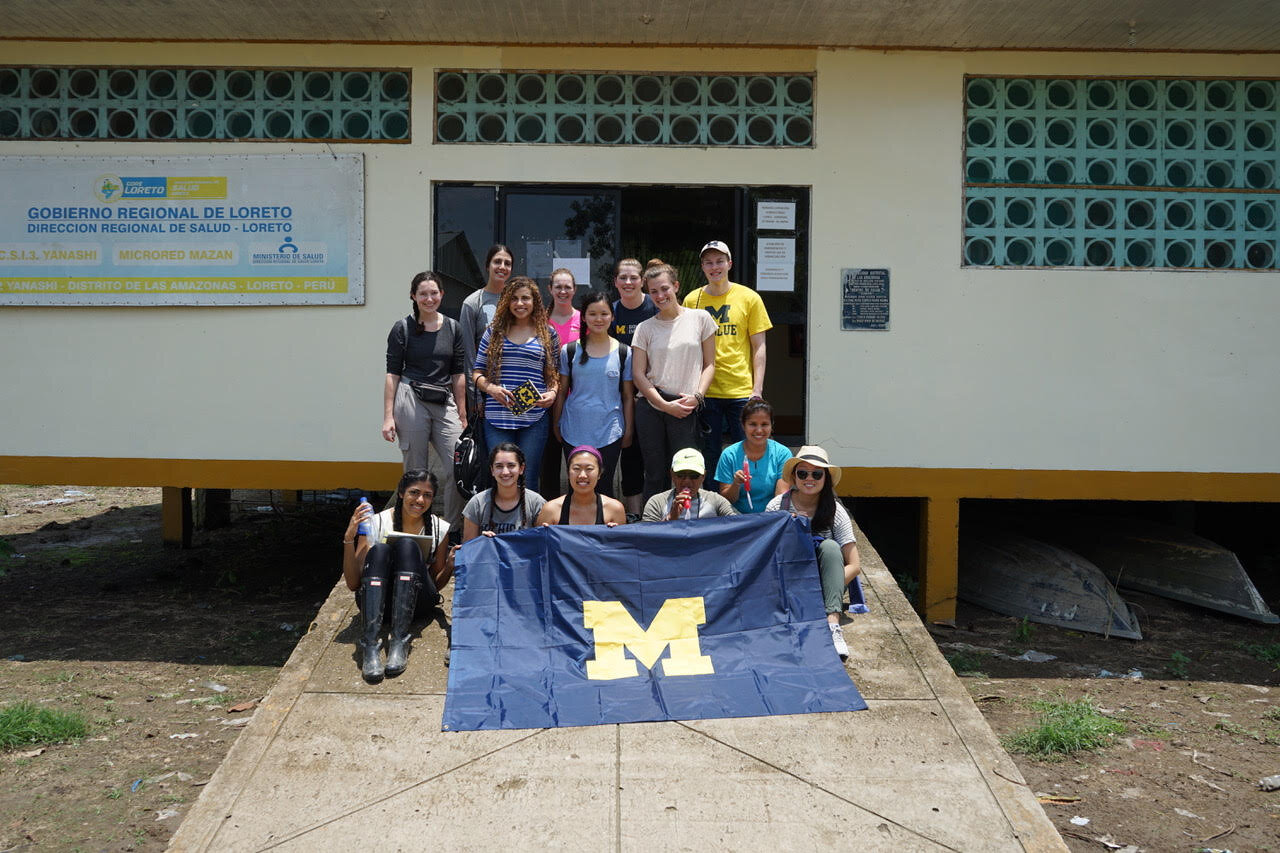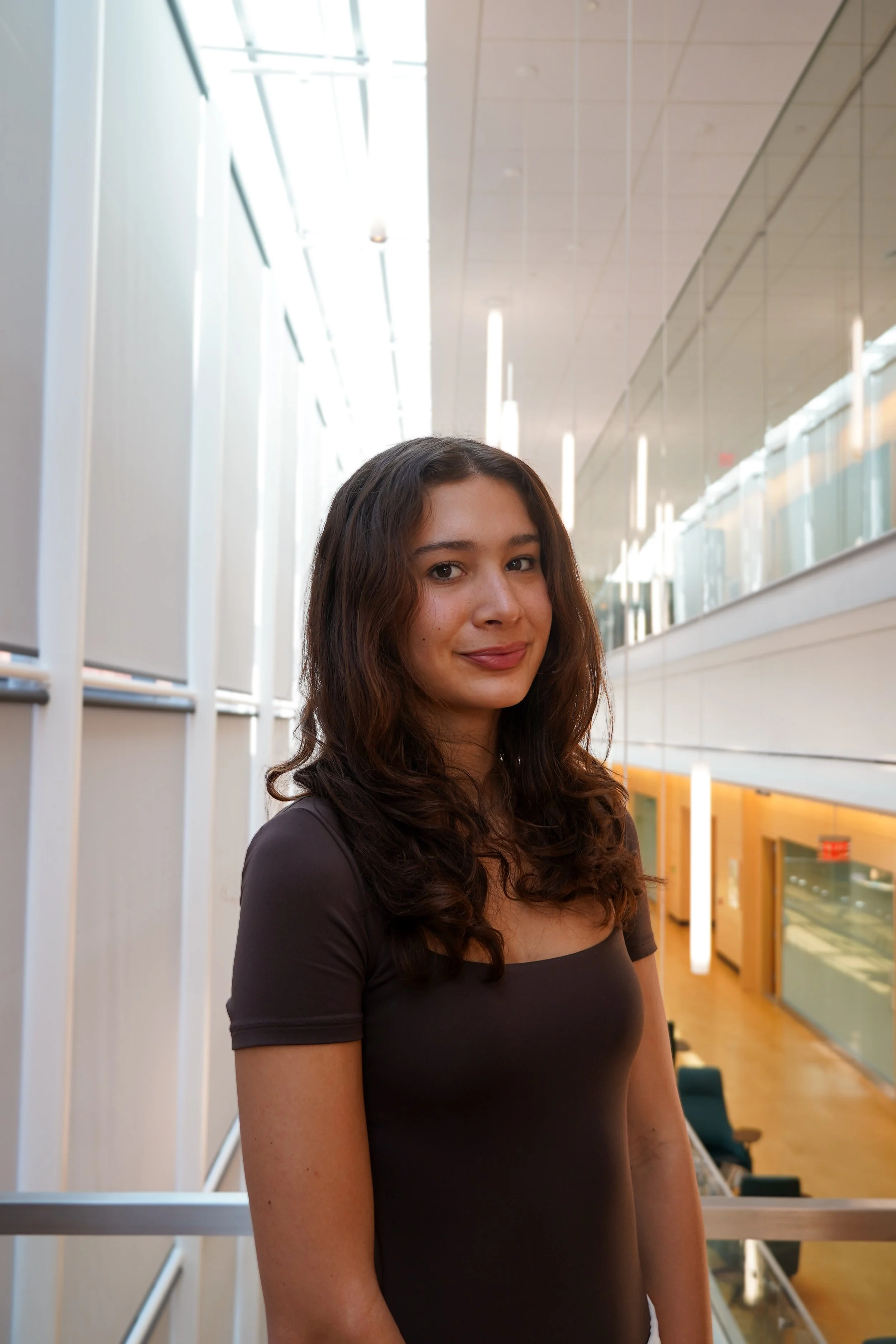Project MIA
Needs statement
Develop a sustainable method to improve the menstrual experience for women and girls in the Peruvian Amazon in order to improve community health and promote socioeconomic opportunities within the communities.
Background
Within isolated Amazonian communities, as in many parts of the world, menstruation often prevents women and girls from engaging in everyday activities. In particular, stigma around menstruation and the inability to manage blood flow restrict involvement in the community and education for women and girls. Lack of knowledge on women’s health is a significant barrier to improving the menstrual experience. Since this project is very community-based, we are continually incorporating cultural considerations and community input throughout our design process - including views on women’s health and menstruation, comfort levels about the subject, and any environmental impact(s) our solution could have. Our community partner is the Kashibo Cocha indigenous community, located in the mid-Amazon region near Pucallpa, Peru. Banana fiber is an abundant material in the community and is considered a waste product. We have learned that menstrual pads are more commonly used, and are creating a sustainable hand-sewn menstrual pad with an insertable banana fiber absorbent core.
Current work
Our team is in the prototyping and extraction phase of creating our product, with the goal of gathering community feedback and furthering our co-design process. We are currently working on testing our extraction method for banana fiber, prototyping our pad product, creating kits for the community, and applying for funding to support future travel. The Materials subteam is working on two fronts: preparing a soft, absorbent banana fiber material and designing a machine for this process. We will be collaborating with the Center for Socially Engaged Design to achieve these goals in the upcoming academic year. Our Design subteam has created two pamphlets: one on the steps to turn a kit into our product and the other on menstrual health. Next semester, we will work on gathering community feedback and translating it into Shipibo. They will also be continuing to test the comfort, ease of use, and absorbency of our product. Our Business subteam is exploring new partnerships to support our preparation for travel and continuing to apply to funding sources for our project.
Team History
During Spring Break 2018, M-HEAL’s SANA group conducted a needs assessment in the Peruvian Amazon. We toured medical clinics and visited with local families. We held informational interviews as well as casual conversations with the Peruvian people, and we recorded our observations. Throughout the week, we learned about the systemic and general healthcare challenges within the communities, involving water-borne illnesses, lack of nutrition, and inconsistent, quality education. Upon our return, we organized our trip notes, took a closer look at each topic, and after weighing out what was the most realistic, we decided to focus on women’s health and hygiene. Also, during the time, we were connected with Dana Rensi, someone who works very closely with the Amazonian communities in handing out menstrual kits. Our focused needs statement fell into place.
Project MIA became an official M-HEAL project team in July of 2019. During this time, we solidified our project’s mission, need statement, faculty advisors, and community partners. We started the work on a design prototype that was been tested by women for comfort and usability.
In 2023, MIA conducted a virtual consultation to gather community feedback from young women in Peru on our design. We learned that the leading menstrual product used in the community was seven times more expensive than in the U.S., and not accessible to many women. We also learned that the community has less trust in machinery and prefers manual extraction methods, which prompted our team to shift its focus toward researching how to manually extract banana fiber. We also created a pamphlet on menstruation as a supplemental informational pamphlet to help increase women’s health knowledge in the area.
Team Accomplishments
In 2024, MIA placed 1st in the Center for Global Health Equity’s Pitch Competition and received funds to be used toward future travel once our extraction process is finalized.
Community partners
Jennifer Sierra, Marcelita Suarez
Mentors & Advisors
Gabby Wassilak, Alana Rodriguez, Gurpreet Rana, Dr. Maya Farrar, and Dr. Promise E. Sefogah











